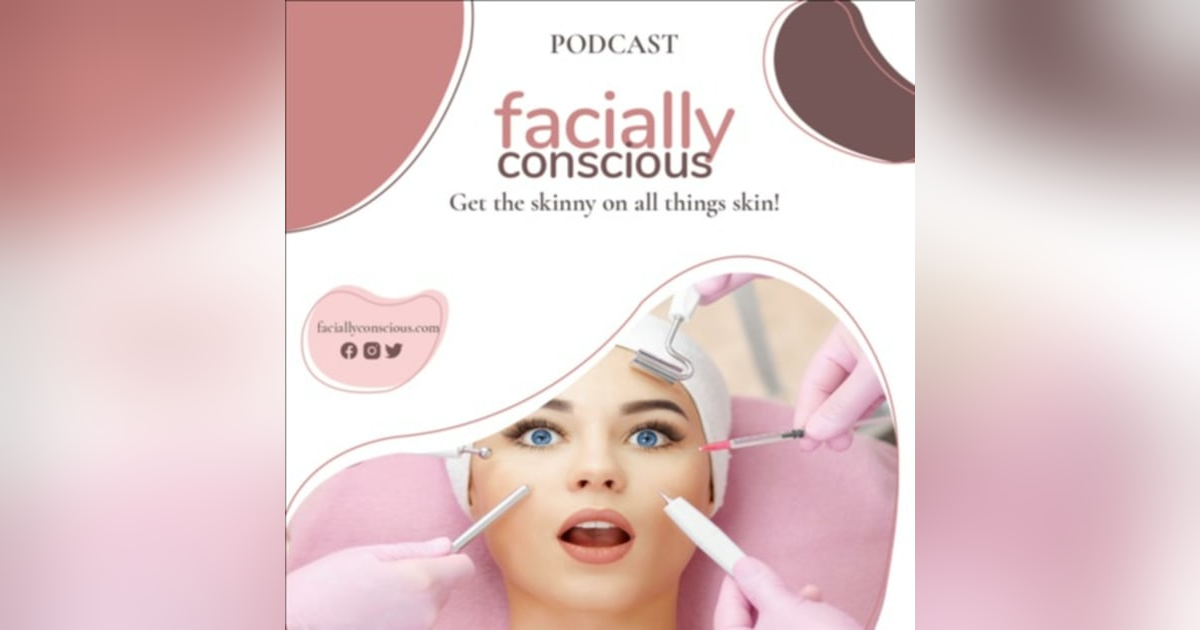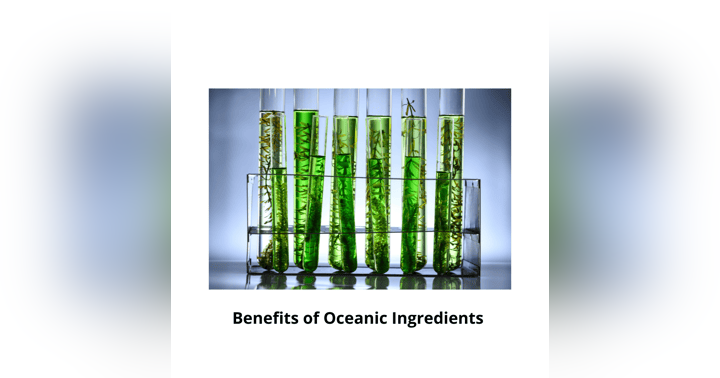The Beauty of Bio Fermentation in Skincare: Tapping into Nature’s Energy

Hey, Glow-Getters! It’s Trina Renea, your resident Master Esthetician and co-host of Facially Conscious, bringing you another exciting and informative post from the skincare world. If you tuned in to our recent podcast episode, DEEP DIVE: Fermenting Beauty: Unlocking the Power of Biofermentation in Skincare with Gay Timmons you’ll know we dived deep into the fascinating process of bio-fermentation and how it’s shaking up the skincare industry. I’m here to break it down for you, share the juicy details, and help you understand why fermentation is a game-changer for your skincare routine.
What is Bio Fermentation?
At first, the word “fermentation” might conjure up thoughts of rotting fruits or that weird tea your health-conscious friend drinks—yes, I’m talking about kombucha! However, bio-fermentation is much more refined and plays a significant role in creating innovative skincare products. Bio fermentation is a process that uses microorganisms, such as yeast or bacteria, to break down natural ingredients and produce new, potent compounds. The result? Skincare ingredients that are more powerful, eco-friendly, and beneficial for your skin.
During the episode, we were joined by Gay Timmons, founder of Oh Oh Organic, an expert in all things natural and organic, who helped us understand the magic behind this process. One of the key things to note is that bio-fermentation isn’t as gross as it sounds—just think of it like making beer or wine. It’s a natural process that’s been around forever but is now making its way into our favorite beauty products. And trust me, your skin will thank you!
Why Should You Care About Fermented Skincare Ingredients?
You might be wondering, “Why should I care if my skincare ingredients are fermented?” Great question! Let me break it down for you:
- Enhanced Absorption: One of the major benefits of bio-fermented ingredients is that they can penetrate your skin more easily. When ingredients are fermented, their molecular structure changes, making them smaller and more bioavailable. This means your skin can absorb them better, resulting in more effective skincare products. Who doesn’t want that?
- Natural and Sustainable: As we continue to shift towards greener beauty, bio-fermentation offers a sustainable way to create skincare ingredients. Traditionally, many skincare components come from petroleum-based products, which are not eco-friendly. But with bio-fermentation, we can produce ingredients using renewable resources like sugars, algae, or seaweed. This not only reduces the environmental impact but also cuts down on the need for harsh chemicals.
- Potent and Pure: Fermentation can help produce skincare ingredients that are purer and more potent. Since the process uses natural microorganisms to break down the raw materials, it results in fewer impurities. For example, fermented squalane (a popular moisturizer) from sugar yeast is often more stable and better for the skin than its non-fermented counterpart from olive oil.
Genetically Modified Microorganisms: The Secret Powerhouse
Gay Timmons also educated us on the role of genetically modified microorganisms (GMMs) in the bio-fermentation process. Now, before you panic at the mention of "genetically modified," let me assure you—it’s not the scary science fiction scenario you might imagine. GMMs are used in controlled environments to improve the efficiency of fermentation and produce specific ingredients.
For example, these microorganisms can be modified to produce squalane or other ingredients more sustainably, reducing the need for harvesting plants or using animal-based sources like shark liver (yikes!). GMMs allow for a consistent and eco-friendly production method that’s better for the environment and your skin.
Bio Fermentation and the Future of Skincare
As the beauty industry becomes more conscious of its environmental impact, bio-fermentation is leading the way toward a more sustainable future. I found it fascinating when Gay explained that with the rise of electric vehicles (EVs), the demand for petroleum-based products is declining. This shift will eventually affect the availability and cost of petrochemical-derived skincare ingredients, making bio-fermented alternatives even more important.
We’re already seeing fermented ingredients popping up in natural deodorants, moisturizers, and anti-aging products. Algae fermentation, for example, is used to produce powerful emollients and moisture-retaining agents that help keep your skin hydrated. Some studies show that algae-based ingredients can outperform popular hydrating agents like aloe vera in maintaining your skin’s moisture barrier. Who knew seaweed could be such a skincare hero?
Squalane: The Star of Fermentation
One of the most popular bio-fermented ingredients in skincare right now is squalane. Traditionally, squalane is sourced from shark liver (eek!) or olives. But with bio-fermentation, it can now be derived from sugar yeast—talk about a sustainable beauty solution! Not only is fermented squalane better for the environment, but it’s also better for your skin.
Squalane is a natural lipid that’s found in our skin’s barrier. It helps keep the skin hydrated, supple, and protected from external irritants. Fermented squalane is even more stable than the traditional kind, meaning it’s less likely to oxidize and clog your pores. Plus, it’s non-comedogenic, so it won’t lead to breakouts, making it perfect for all skin types, even oily or acne-prone skin.
What to Look For in Fermented Skincare Products
If you’re ready to incorporate the power of fermentation into your skincare routine, here’s what to look for:
- Ingredients: Look for terms like “ferment” or “bio-fermentation” on the ingredient list. Common fermented ingredients include squalane, lactobacillus (used in probiotic skincare), and fermented algae or seaweed extracts.
- Brand Transparency: Many brands are jumping on the fermentation bandwagon, so make sure the brand you’re purchasing from is transparent about their sourcing and production methods. For example, Givaudan, a leader in sustainable beauty ingredients, has been making strides in the bio-fermentation space.
Final Thoughts: Is Bio Fermentation the Future of Skincare?
After learning all about bio-fermentation from Gay Timmons, I can confidently say that it’s here to stay. With its eco-friendly production process, enhanced effectiveness, and sustainability, fermented ingredients are setting a new standard in the beauty world. Whether you’re already using products with fermented ingredients or looking to try something new, bio-fermentation is worth adding to your skincare routine.
As we always say on Facially Conscious, knowledge is power. Now that you know more about bio-fermentation, you can make informed decisions the next time you shop for skincare products. Keep an eye out for brands that are leading the way in sustainable beauty and give fermented ingredients a try—you might just discover your new skincare holy grail!
Until next time, Glow-Getters, stay radiant and stay conscious!








